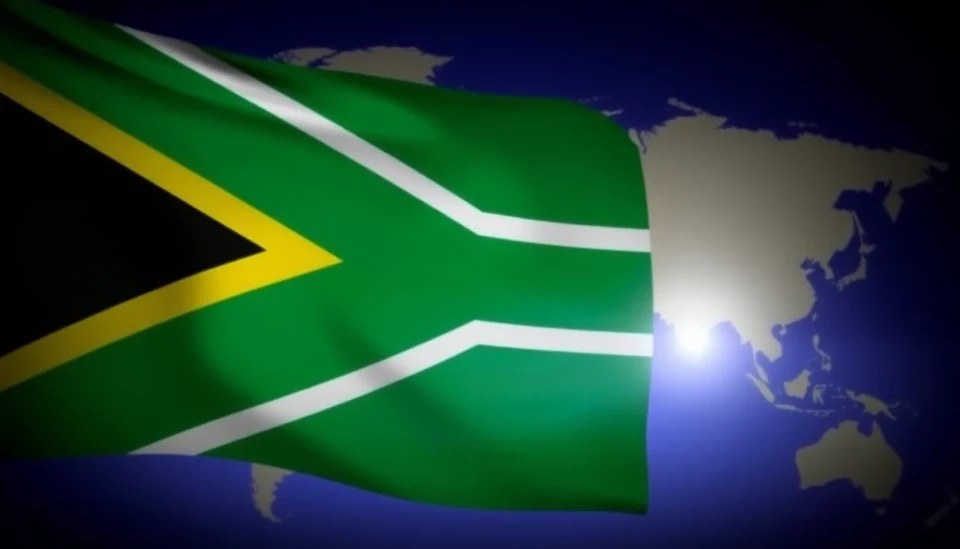
South Africa is facing significant challenges in its foreign bond sale initiatives, primarily due to the intensifying global trade war. Tensions between major economies, particularly the United States and China, are rattling markets worldwide, contributing to fluctuating interest rates and heightened borrowing costs. These economic conditions create a more uncertain environment for South Africa as it attempts to raise capital through foreign bonds.
The country intends to issue bonds overseas to mitigate its fiscal deficit and support its infrastructure projects. However, as global investors become more cautious amidst trade uncertainties, South Africa's credibility as a borrower is tested. The latest developments in trade policies have raised the stakes, suggesting that South Africa might need to offer higher yields to attract buyers for its bonds.
Recent reports indicate that yields on South African bonds are expected to increase in response to these heightened trade tensions. Investors typically demand higher returns on bonds issued by countries facing economic instability or unfavorable market conditions. This trend poses an additional hurdle for South Africa, which is already grappling with slow economic growth and high unemployment rates.
International analysts point out that the ramifications of a sustained trade conflict could lead to increased volatility in emerging markets, including South Africa. The country's positioning in the global economy makes it particularly susceptible to external shocks, which can exacerbate existing economic vulnerabilities. Consequently, South Africa’s strategy to leverage foreign bond sales could fall short if global sentiment continues to tilt negatively.
It is also worth noting that South Africa's recent efforts to reform its economic policies have been overshadowed by these trade war developments. The government has been attempting to stabilize its economy through various reforms aimed at improving investor confidence. Yet, with trade relations souring, any progress made in policy initiatives might be undermined by the rising costs associated with new debt issuance.
As South Africa navigates this precarious economic landscape, stakeholders are closely monitoring the situation for any shifts that could either present opportunities or escalate the current challenges. The balance between maintaining fiscal discipline and securing necessary funding remains a pivotal issue for the country's long-term financial health.
Ultimately, South Africa's foreign bond issuance strategy will hinge not only on its internal economic reforms but also on the external geopolitical climate. Investors will likely remain vigilant and discerning, as the broader implications of a global trade war cast a long shadow over emerging markets.
In conclusion, the interplay between trade tensions and South Africa's capability to attract investment highlights the complexities of modern finance in a globalized world. The coming weeks and months will be crucial for the country as it strives to adjust its financial strategies in response to an ever-evolving international marketplace.
#SouthAfrica #ForeignBonds #TradeWar #EmergingMarkets #EconomicChallenges #InterestRates
Author: Daniel Foster




